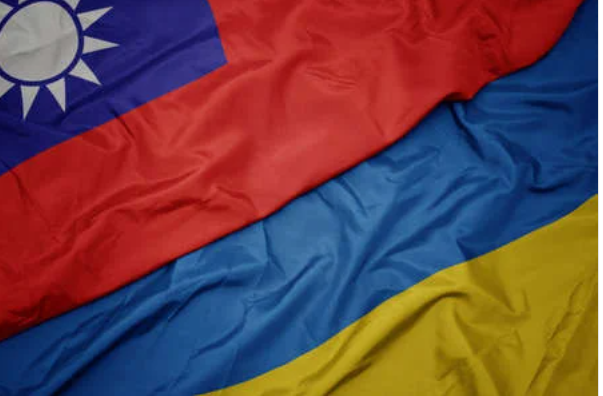On September 18, 2023, hearings began in The Hague in a special case. Ukraine and 32 other countries accuse Russia of violating the Convention on the Prevention and Punishment of the Crime of Genocide, one of the key conventions on which the so-called post-war world order is based.
This joint lawsuit, in which Ukraine has already won the first stage, is being considered by the International Court of Justice (ICJ), the highest judicial institution in the world.
Overall, Ukraine's chances of winning in this process appear to be good, but they are not guaranteed. This decision will set a precedent: the ICJ has never considered lawsuits like the Ukrainian one in its history, and the convention has been used in a very "creative" way, which Russia is pushing back against.
This process has been ongoing since February 2022. It began as Ukraine's response to Russia's full-scale invasion of Ukraine, and the lawsuit was filed at an astonishing speed by international legal standards: Ukraine's application was submitted to The Hague on February 26, just two days after the start of the invasion.
Ukrainian lawyers prepared the lawsuit against Russia based on the Convention on the Prevention and Punishment of the Crime of Genocide, one of the key instruments in the modern world order. This convention was adopted in 1948 at the very beginning of the United Nations' existence and allows for the prosecution of a state even without its consent.
The creative aspect of Ukraine's lawsuit was that Ukraine did not accuse Russia of committing genocide per se, as proving genocide is very complex. The issue was that Russian officials, in their attempts to justify the aggression against Ukraine, publicly accused Ukraine of "genocide" in those days.
So, Kyiv asked the UN Court to recognize that Ukraine did not commit any "genocide" in Donbas and that the Kremlin abused the Genocide Convention to justify its actions.
Most importantly, if the International Court legally confirms that Russia launched its attack under a false pretext, it will make Ukraine's task easier in all other legal proceedings against Russia.
In Kyiv, they do not hide their plans to file the next lawsuit with the International Court of Justice (ICJ) for financial compensation after this victory. The argument is that if you attacked without justification and in violation of the convention, you must compensate for the damages caused. However, this lawsuit will only be possible if the wording of the court's decision allows for it.
On Monday, September 18, Russia presented its position at the ICJ. It must be acknowledged that Moscow was much better prepared than Ukraine had hoped for.
Russia and its advisers chose probably the only effective tactic: they aimed to convince the court that the allegations of "genocide in Donbas" were not the cause of the war.
To prove this, Russian diplomats had to take a very atypical step for themselves and challenge the words of Putin and Lavrov personally.
And Ukraine's trump card here will be the support of the civilized world. We have already mentioned that 32 countries joined our lawsuit last year and also accused Russia of violating the Genocide Convention. This support included nearly the entire European Union, with one exception – Hungary.
The main goal was to convince as many judges as possible that the issue was not about the "genocide convention."
In general, Ukraine's legal line is clear. Ukrainian diplomats and legal advisers have to convincingly demonstrate, with quotes, that Russian claims of "genocide of Russian speakers in Donbas" were directly related to Russian aggression. It was a real, not imaginary, violation.





















